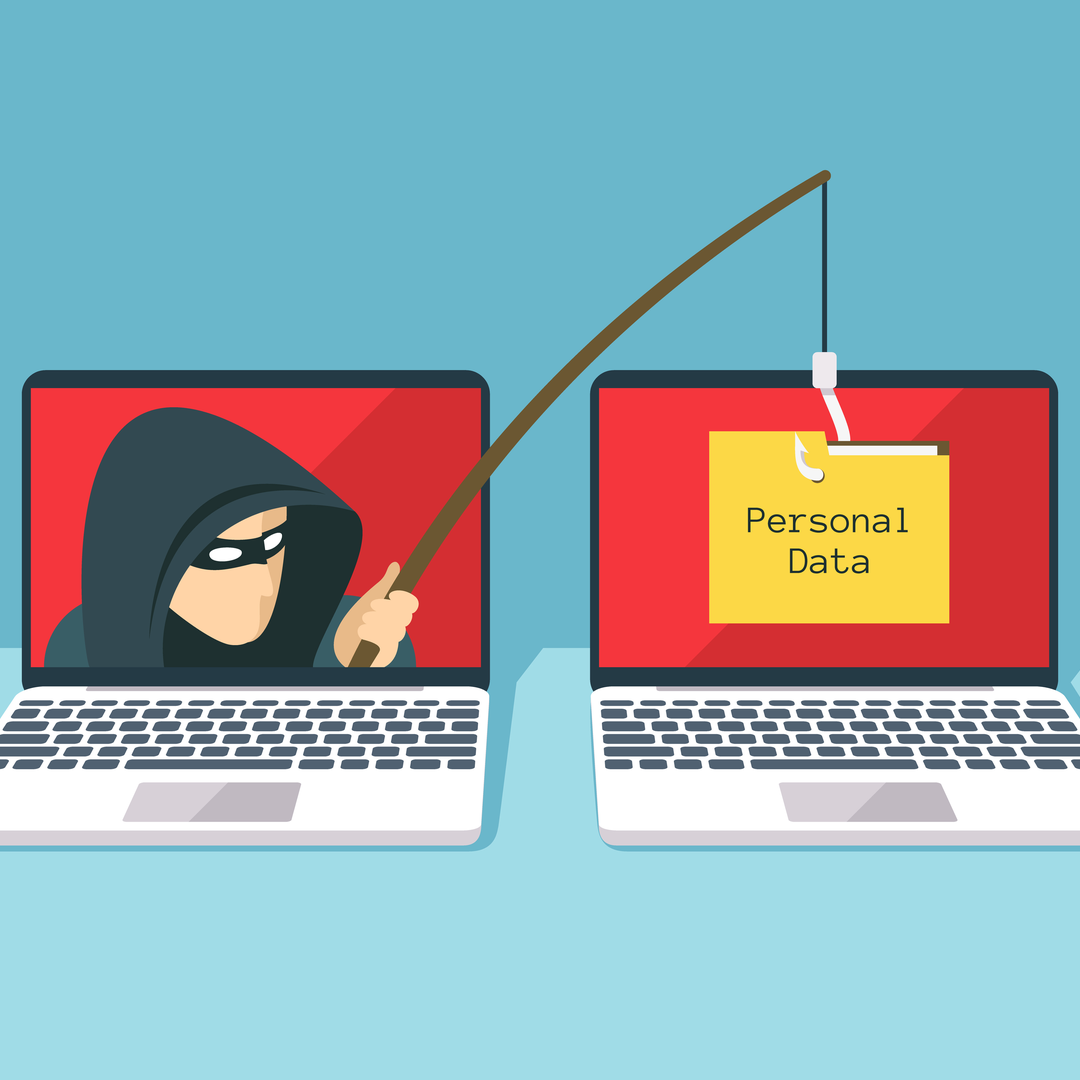Have you ever received either a phone call, text message or an email that claims to be from the Canada Revenue Agency (CRA) saying you either owe them money, or you have a refund or benefit payment from them that you need to claim? As taxpayers, we should be vigilant when we receive these kinds of fraudulent communication. Being scammed can cause financial hardship, but in addition having your identity stolen is a detrimental problem.
Here are some guidelines the CRA have provided on how to determine whether or not the person contacting you is a scammer.
By Phone:
The CRA may:
- Verify your identity by asking for personal information such as your full name, date of birth, address and account, or social insurance number
- Ask for details about your account, in the case of a business inquiry
- Call you to begin an audit process
- Call you to offer free tax help for your small business
The CRA will NEVER:
- Demand immediate payment by Interac E-Transfer, Bitcoin, prepaid credit cards or gift cards from retailers such as iTunes, Amazon, or others
- Use aggressive language or threaten you with arrest or sending the police
- Leave voicemails that are threatening or give personal or financial information
By Email:
The CRA may:
- Notify you by email when a new message or a document, such as a notice of assessment or reassessment, is available for you to view in secure CRA portals such as My Account, My Business Account, or Represent a Client
- Email you a link to a CRA webpage, form, or publication that you ask for during a telephone call or a meeting with an agent (this is the only case where the CRA will send an email containing links)
The CRA will NEVER:
- Give or ask for personal or financial information by email and ask you to click on a link
- Email you a link asking you to fill in an online form with personal or financial details
- Send you an email with a link to your refund
- Demand immediate payment by Interac E-transfer, Bitcoin, prepaid credit cards or gift cards from retailers such as iTunes, Amazon, or others
- Threaten you with arrest or a prison sentence
By Text Messages/Instant Messaging:
The Canada Revenue Agency NEVER uses these kinds of communication with taxpayers under any circumstances. If you received text or instant messages claiming to be from the CRA, you already know they are scams!
HOW CAN YOU PROTECT YOURSELF FROM IDENTITY THEFT?
- Never provide any personal information through the internet or email unless it is a secure email. Remember, the CRA will never ask their taxpayers to provide personal information through email.
- Keep your access codes, user ID and passwords a secret.
- Monitor your tax accounts by registering for MyAccount or My Business Account. Through this you can see any changes that has been made to your accounts.
- Be careful before you click on links in any email you receive. Some scammers use a technique called “phishing” to steal your personal information when click on the link.
- Protect your social insurance number at all cost. Never provide this as an identification card unless you are certain the person asking for it is legally entitled to that information.
- Immediately report any lost or stolen debit or credit cards, SIN cards, drivers license, etc.
At Jibe Accounting, protecting our client’s personal information is of great importance and we take many measures to ensure it stays protected.

